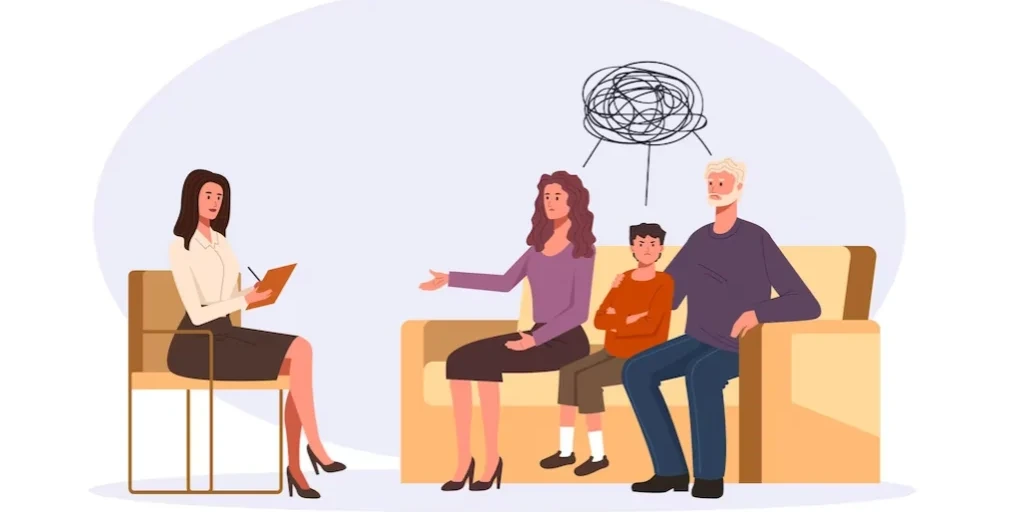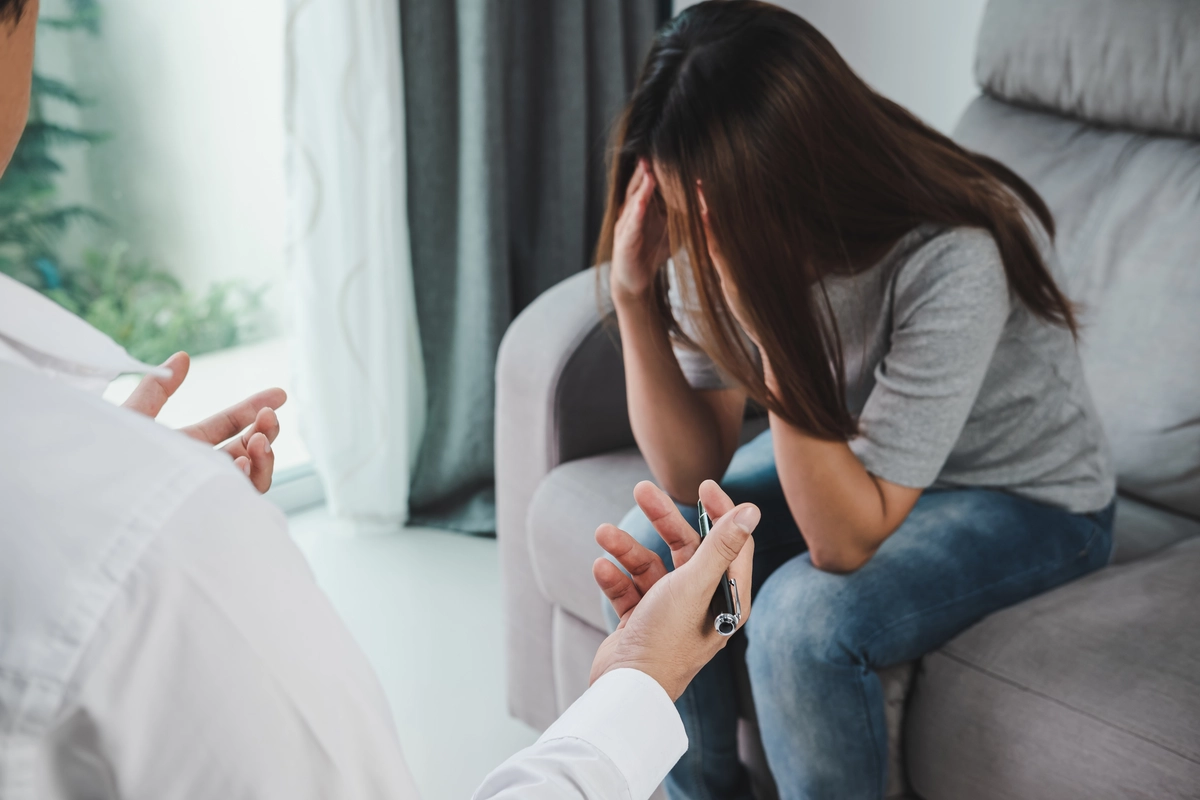24/7 Helpline:
(866) 899-221924/7 Helpline:
(866) 899-2219
Learn more about Eating Disorder Treatment centers in Kremlin

Other Insurance Options

CareSource

PHCS Network

United Health Care

Multiplan

Ambetter

Coventry Health Care

UnitedHealth Group

Holman Group

Aetna

UMR

Meritain

Access to Recovery (ATR) Voucher

WellPoint

Medical Mutual of Ohio

EmblemHealth

Kaiser Permanente

Absolute Total Care

Self-pay options

Excellus

Humana















